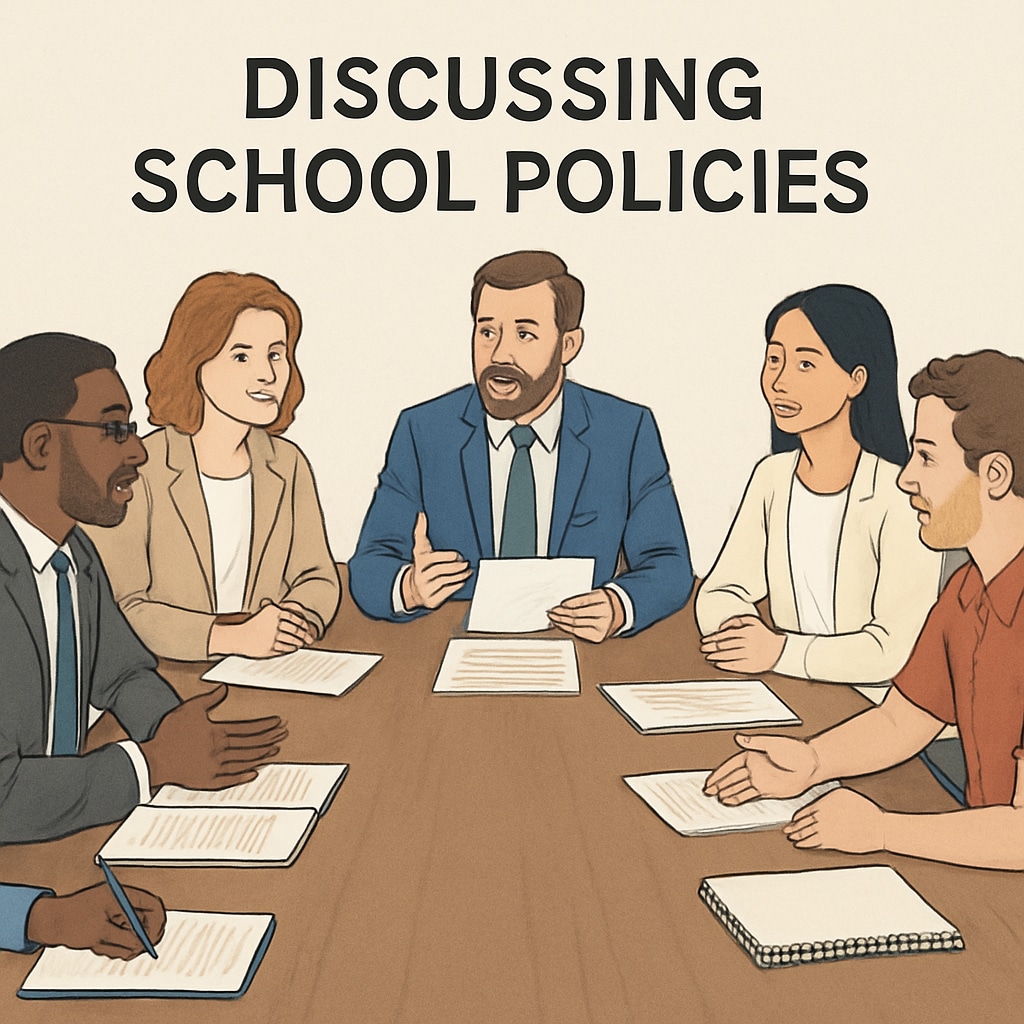When discussing truancy policies, attendance requirements, and parental concerns in today’s K12 education system, we uncover a complex dilemma facing schools and families alike. Many districts have implemented strict rules to combat chronic absenteeism, including mandatory intervention programs after 72 hours of unexcused absence. However, these measures often spark debates about parental autonomy and student welfare.
The Rise of Strict Attendance Enforcement
In recent years, schools nationwide have adopted increasingly rigorous approaches to absenteeism. The typical framework includes:
- Automated alerts after 3 unexcused absences
- Mandatory parent conferences at 5 absences
- Referral to juvenile court after 10 absences
According to U.S. Department of Education data, chronic absenteeism affects nearly 8 million students annually. While these policies aim to improve academic outcomes, they sometimes conflict with family circumstances.

Parental Pushback Against Mandatory Programs
Many families object to automatic enrollment in character education or behavioral programs after reaching absence thresholds. Common concerns include:
- Lack of individualized assessment before intervention
- Inflexible policies that don’t accommodate special circumstances
- Perceived punitive rather than supportive measures
A Brookings Institution study found that 42% of parents believe attendance policies should allow more flexibility for family decisions.
Alternative Approaches to Chronic Absenteeism
Progressive districts are experimenting with solutions that maintain accountability while respecting family rights:
- Tiered response systems that assess root causes
- Community-based support instead of court referrals
- Flexible learning options for students with unique needs
These approaches recognize that truancy often stems from underlying issues like health problems or family instability, not simply willful disobedience.

As schools continue refining their approach to attendance enforcement, the challenge remains balancing educational priorities with understanding family circumstances. By focusing on early intervention and personalized support, districts can address truancy while minimizing conflict with concerned parents.


